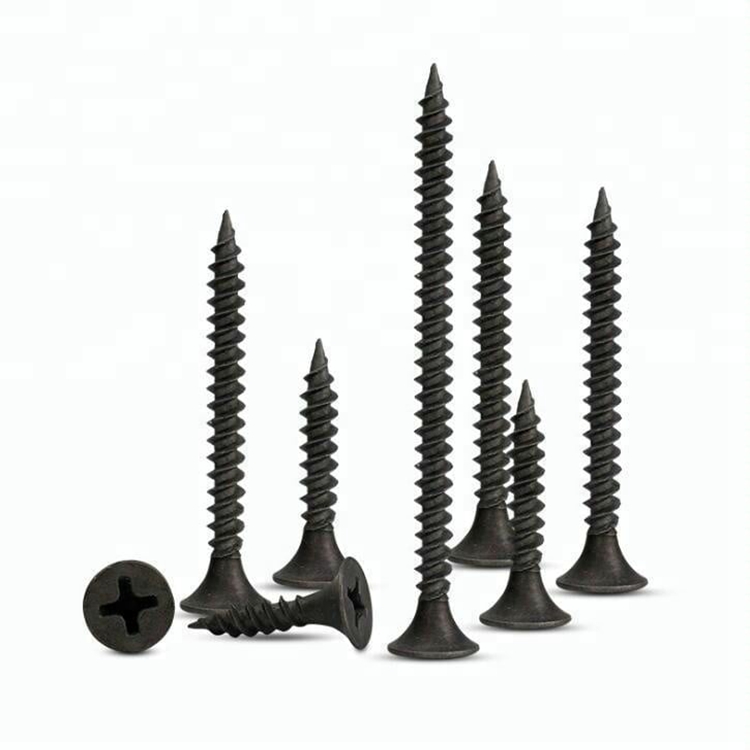Engine Flywheel Bolts for Export Quality Parts for Your Automotive Need
Nov . 01, 2024 11:56 Back to list
Engine Flywheel Bolts for Export Quality Parts for Your Automotive Need
Engine Flywheel Bolts Essential Components for Exporters in the Automotive Industry
In the realm of automotive manufacturing, engine components play a pivotal role in ensuring the overall performance and efficiency of vehicles. Among these components, flywheel bolts are crucial yet often overlooked elements that maintain the integrity and functionality of an engine. For exporters in the automotive industry, understanding the significance of these bolts is essential for ensuring the quality and reliability of their products.
The flywheel serves as a vital component in the engine's operation, contributing to the smooth functioning and stability of the vehicle. It is responsible for storing rotational energy and providing a consistent power supply during engine cycles. Flywheel bolts, therefore, connect the flywheel to the crankshaft, holding it securely in place. This connection is critical, as any failure of these bolts could lead to catastrophic engine damage, significant safety risks, and costly repairs.
Exporters should recognize that the quality of engine flywheel bolts can have far-reaching implications on the overall performance of the vehicles they supply. High-quality bolts made from durable materials can withstand the intense pressures and vibrations within an engine, ensuring long-term reliability. Conversely, inferior bolts may lead to premature wear and potential engine failure, undermining the trust and reputation that exporters strive to build with their clients.
engine flywheel bolts to the exporters

Moreover, compliance with international standards is crucial for exporters of automotive components
. Regulations often dictate specific requirements for the materials, dimensions, and tensile strength of engine flywheel bolts. Meeting these standards not only ensures the safety and performance of the vehicles but also helps exporters to avoid legal complications and enhance their competitive edge in international markets.In addition to quality and compliance, exporters must also consider the logistics of sourcing engine flywheel bolts. Establishing reliable relationships with manufacturers who can provide high-quality components on time is paramount. This aspect of supply chain management can greatly influence an exporter’s ability to meet customer demands and deliver products promptly.
Furthermore, understanding market trends can also benefit exporters. The move towards electric vehicles (EVs) has shifted some of the traditional engineering paradigms, including the reliance on specific engine components like flywheels. Exporters must adapt by exploring new technologies and materials that cater to the evolving automotive landscape.
In conclusion, engine flywheel bolts are not just simple fasteners; they are critical components that significantly impact engine performance and reliability. For exporters in the automotive industry, focusing on the quality, compliance, and sourcing of these bolts can enhance product offerings and client satisfaction. By staying informed about industry trends and maintaining robust supply chains, exporters can position themselves for success in a competitive global market. Ultimately, understanding and prioritizing the role of engine flywheel bolts is an essential step for any exporter looking to thrive in the automotive sector.
Latest news
-
High-Quality Panel Stud Bolt Reliable Panel Stud Bolt Factory & Suppliers
NewsJul.08,2025
-
High-Precision Fine Thread Locknuts Manufacturer & Supplier Custom Solutions
NewsJul.08,2025
-
PH Imperial Stud Bolt – High Strength Fasteners from Leading Supplier & Factory
NewsJul.07,2025
-
High-Quality Allen Wrench Bolts Leading Factory, Company & Suppliers
NewsJul.07,2025
-
Wholesale Ball Stud Bolt - High Quality Supplier & Factory Price Reliable Wholesale Ball Stud Bolt Company
NewsJul.06,2025
-
High-Strength Alloy Bolts Manufacturer & Supplier Quality Alloy Fasteners Factory
NewsJul.06,2025
